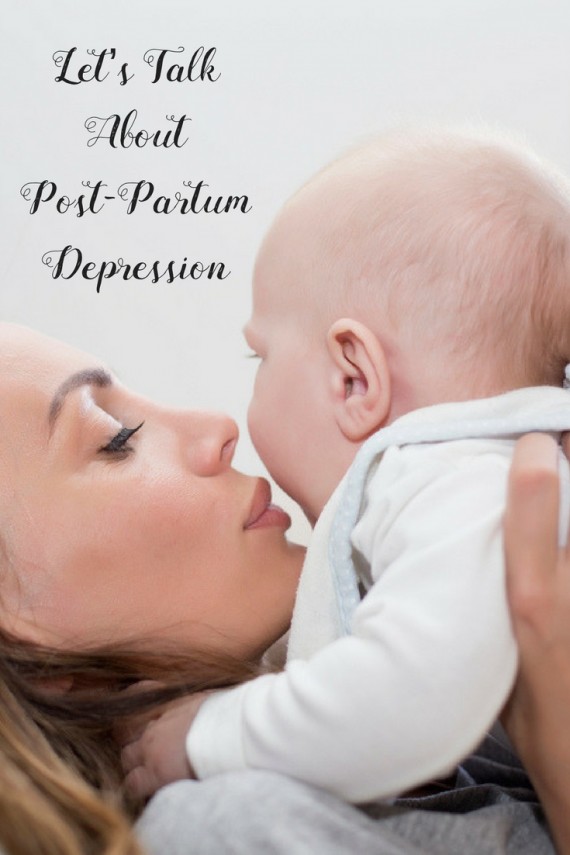Continue the conversation on mental health today on Twitter with #BellLetsTalk.
Post-partum depression makes you say things like: No, I don’t think I have post-partum depression. I’m just tired. Really tired.
Post-partum depression makes you lose perspective. It convinces you that all you will ever do from now on is pump breast milk and rock a screaming baby.
It makes you wonder if what you’re feeling for that baby is love, and if that baby will ever actually love you.
It makes you believe things like: There is no way out of this. I’m somebody’s mother forever, no matter what I do. Whatever happens, I can’t escape that.
It makes you lie awake trying to think of a way to escape anyway.
It makes you think: Everybody else can do this. Why can’t I do this?
It makes you cry, all the time. It makes you angry, all the time. It makes you worry, all the time. About strange things.
It makes you cry, all the time. It makes you angry, all the time. It makes you worry, all the time. About strange things.
Post-partum depression makes you read stories in the news about new mothers who take their own lives and think: Oh, but I’d never do that.
It makes you think: I might do that.
It makes you afraid to talk about how you’re feeling. Even when you’ve dealt with depression before, and learned that being open is the key to getting the help you need. Post-partum depression comes with a particular kind of shame. Because I don’t want anybody to know how badly I’m screwing up motherhood, how totally inadequate I am.
Post-partum depression makes you feel guilty, because it affects the whole family.
Post-partum depression is a mental illness that affects up to 1 in 5 new mothers. If these things ring true to you, you’re not alone. And there is help. There are medications you can take while breastfeeding. There’s infant formula, so other people can feed your baby and take some of the pressure off you, and you can all come out of this alive. There are treatment options besides medication. There are specialists who will help you manage the feelings that are making it difficult for you to take care of your child.
It can be hard to talk, but let’s try. See your doctor, and let’s talk about post-partum depression.
(Don’t want to cry in your doctor’s office? Print out this page and hand it over.)
Let’s keep the conversation going on Twitter January 25th by using #BellLetsTalk to help end the stigma surrounding mental illness.
Pin for later:

*Opinions expressed are those of the author, and not necessarily those of Parent Life Network or their partners.



 Sponsored
Sponsored




